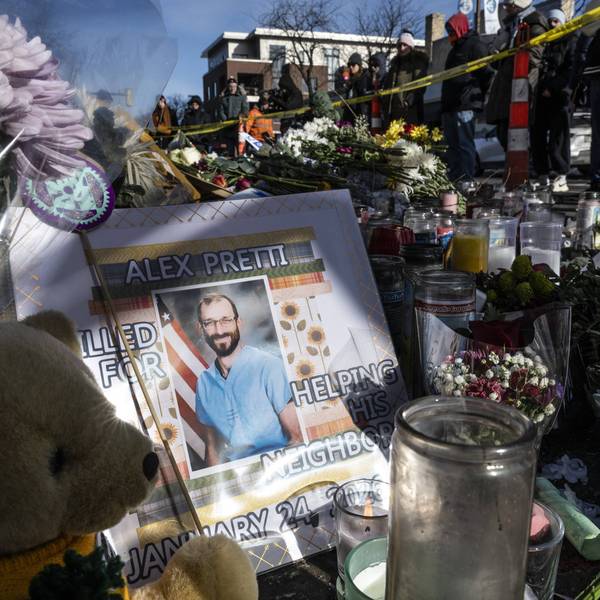In a blatant attempt to invert the script on election "meddling" and interference, Vice President Mike Pence on Thursday accused the Chinese government of seeking to undermine U.S. democracy and charged, without evidence, that Beijing is acting malevolently because "China wants a different American president."
Speaking at the right-wing Hudson Institute, Pence told the audience that "China has initiated an unprecedented effort to influence American public opinion, the 2018 elections, and the environment leading into the 2020 presidential elections."
Watch:
While Pence declared that behavior of Russia "pales in comparison to what China is doing across this country," he only cited vague internal declarations by U.S. intelligence agencies and then pointed to an advertisement, purchased by the state-run China Daily newspaper, that was placed in the Des Moines Register that criticized the Trump administration's trade war tactics. Beijing, of course, has been open about its opposition to new tariffs imposed by Trump and has made no mystery about its strategy of letting U.S. farming communities and other industries understand that its economic retaliation would be targeted at Trump's political base.
The relevance of Pence's comment, reports Axios, was this:
President Trump raised eyebrows by declaring last week, without offering evidence, that China was meddling in the midterms.
- Pence is attempting to put meat on those bones, while laying out a broader case that Beijing is a threat to U.S. interests and a destabilizing force around the world.
- He'll also make an explicit comparison to Russian interference, saying: "What the Russians are doing pales in comparison to what [China] is doing across this country."
After Trump's accusations directed at China last week, Wang Yi, China's Minister of Foreign Affairs, rejected the charge directly while in New York for the United Nation's General Assembly. "We did not and will not interfere in any country's domestic affairs," said Wang. "We refuse to accept ... unwarranted accusations against China."
It was Axios, in fact, which last month reported that the White House had "secret anti-China plans" that, based on administration sources, would be launched in the weeks ahead.
But reaction to the vice president's remarks by critics on Thursday, however, warned that Pence and the Trump administration are playing a dangerous game.
Whereas Pence accused China of "reckless harassment" by increasing its military presence in the South China Sea, he said the United States "will not be intimidated" and "will not stand down," even as a Chinese and American warships came within 50 yards of one another this week in those waters.
Oriana Skylar Mastro, assistant professor of Security Studies at the Edmund A. Walsh School of Foreign Service at Georgetown University, told ThinkProgress in an interview that the approach outlined in the speech is "problematic" for a number of reasons.
"Some of the things that the vice president, and indeed, the president, are saying about Chinese behavior are true, and some are an exaggeration, kind of conspiracy-theoryesque," said Mastro.
Troubling, Mastro added, the framing of China as a "meddler" in U.S. elections recreates the unhelpful "Cold-War ideological battle" which is not good for ongoing and future relations.
Sound familiar?





